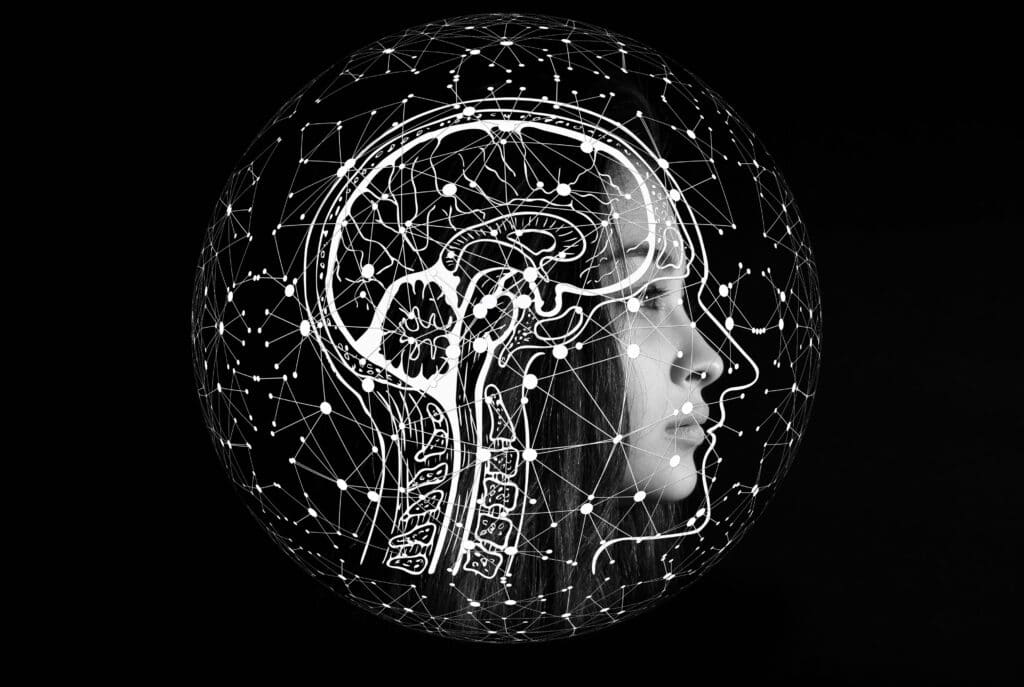For people with bipolar disorder, early diagnosis and intervention are essential for managing symptoms and preventing severe mood episodes. Without proper treatment, manic or hypomanic episodes, severe depression, and related conditions can significantly impact daily life, relationships, and overall well-being.
A comprehensive bipolar disorder treatment plan can help individuals achieve long-term stability by addressing both bipolar depression and manic states.
The treatment of bipolar disorder involves multiple approaches, including therapy, mood-stabilizing medication, and lifestyle adjustments. While no single treatment works for everyone, a personalized approach developed with the guidance of a mental health professional can provide the best outcomes.
By combining prescription drugs such as antipsychotic drugs, antidepressant drugs, and selective serotonin reuptake inhibitors (SSRIs) with evidence-based therapies, individuals can learn to manage stress, improve emotional regulation, and treat depression effectively.
Treatment Options
At Mental Health Resource, we understand that no two individuals with bipolar disorder experience the same symptoms or challenges. That’s why we connect those battling bipolar disorder with the right care based on their specific needs.
Whether someone requires mood-stabilizing medication, structured therapy, or holistic approaches, we ensure they receive tailored support for their journey toward recovery.
Therapy
Psychotherapy is a crucial part of bipolar disorder treatment, helping individuals develop coping skills, recognize triggers, and build emotional resilience. Several evidence-based therapy options are effective in treating bipolar disorder:
- Cognitive behavioral therapy (CBT): Helps individuals challenge negative thought patterns, develop healthier coping strategies, and address the symptoms of bipolar depression.
- Dialectical behavior therapy (DBT): Teaches emotional regulation and mindfulness skills to manage intense mood swings.
- Family-focused therapy: Involves loved ones in the treatment process, improving communication and providing support to people with bipolar disorder.
- Interpersonal and social rhythm therapy (IPSRT): Focuses on maintaining a stable routine to prevent mood fluctuations.
Engaging in regular therapy can be transformative, especially when combined with other treatment approaches.
Medication
Medications play a vital role in treating bipolar disorder by stabilizing mood and preventing both depressive and manic episodes. A mental health professional may prescribe a combination of medications based on an individual’s specific symptoms, including:
- Mood-stabilizing medications: Such as lithium and valproate, which help regulate extreme mood shifts.
- Antipsychotic drugs: Often prescribed to manage manic or hypomanic episodes and provide relief from severe mood disturbances.
- Selective serotonin reuptake inhibitors (SSRIs): Used cautiously alongside mood stabilizers to treat bipolar depression without triggering mania.
- Antidepressant drugs: Sometimes included in treatment plans, though they are typically combined with a mood stabilizer to prevent mood cycling.
Because each person responds differently to prescription drugs, medication management requires close monitoring and adjustments to ensure safety and effectiveness.
Holistic Approaches
In addition to traditional treatments, holistic approaches can support bipolar disorder treatment by promoting mental and emotional balance. Incorporating yoga, meditation, and regular exercise into daily life can help regulate mood, reduce stress, and improve overall well-being.
- Yoga for Emotional Stability: Practicing yoga improves mind-body awareness, helps manage stress, and enhances emotional resilience. Specific poses, such as forward bends and grounding postures, can promote relaxation and mood stabilization.
- Meditation and Breathwork: Techniques like guided meditation, mindfulness, and deep breathing exercises help calm racing thoughts, increase emotional regulation, and reduce anxiety and depressive symptoms.
- Regular Exercise: Engaging in aerobic activities such as walking, jogging, or cycling releases endorphins, which naturally boost mood and energy levels. Strength training and stretching can also contribute to mental clarity and stress relief.
- Outdoor and Nature Therapy: Activities like hiking, forest bathing, or grounding exercises can lower stress hormones, improve focus, and provide a natural sense of calm.
- Structured Daily Routines: Maintaining a consistent exercise, meditation, and sleep schedule can help regulate circadian rhythms, reducing the risk of mood fluctuations.
By integrating yoga, meditation, and movement-based therapies, individuals with bipolar disorder can create a balanced lifestyle that supports emotional well-being and complements traditional treatment.
At Mental Health Resource, we emphasize the importance of mind-body wellness as part of a comprehensive bipolar disorder treatment plan.










